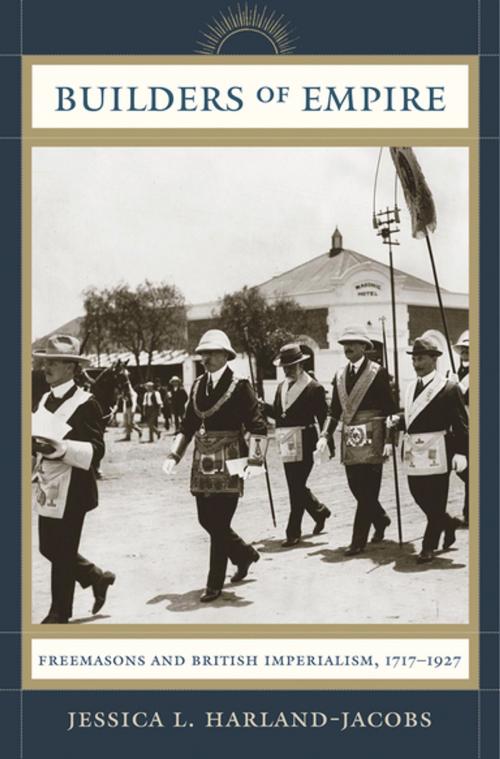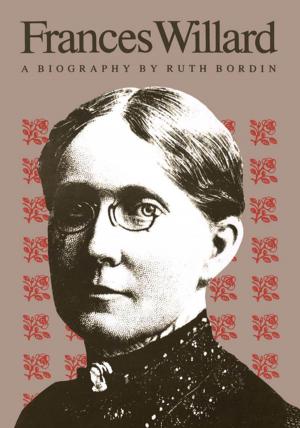Builders of Empire
Freemasons and British Imperialism, 1717-1927
Nonfiction, History, Reference, Historiography, Religion & Spirituality, Other Practices, British| Author: | Jessica L. Harland-Jacobs | ISBN: | 9781469606651 |
| Publisher: | The University of North Carolina Press | Publication: | September 1, 2012 |
| Imprint: | The University of North Carolina Press | Language: | English |
| Author: | Jessica L. Harland-Jacobs |
| ISBN: | 9781469606651 |
| Publisher: | The University of North Carolina Press |
| Publication: | September 1, 2012 |
| Imprint: | The University of North Carolina Press |
| Language: | English |
They built some of the first communal structures on the empire's frontiers. The empire's most powerful proconsuls sought entrance into their lodges. Their public rituals drew dense crowds from Montreal to Madras. The Ancient Free and Accepted Masons were quintessential builders of empire, argues Jessica Harland-Jacobs. In this first study of the relationship between Freemasonry and British imperialism, Harland-Jacobs takes readers on a journey across two centuries and five continents, demonstrating that from the moment it left Britain's shores, Freemasonry proved central to the building and cohesion of the British Empire.
The organization formally emerged in 1717 as a fraternity identified with the ideals of Enlightenment cosmopolitanism, such as universal brotherhood, sociability, tolerance, and benevolence. As Freemasonry spread to Europe, the Americas, Asia, Australasia, and Africa, the group's claims of cosmopolitan brotherhood were put to the test. Harland-Jacobs examines the brotherhood's role in diverse colonial settings and the impact of the empire on the brotherhood; in the process, she addresses issues of globalization, supranational identities, imperial power, fraternalism, and masculinity. By tracking an important, identifiable institution across the wide chronological and geographical expanse of the British Empire, Builders of Empire makes a significant contribution to transnational history as well as the history of the Freemasons and imperial Britain.
They built some of the first communal structures on the empire's frontiers. The empire's most powerful proconsuls sought entrance into their lodges. Their public rituals drew dense crowds from Montreal to Madras. The Ancient Free and Accepted Masons were quintessential builders of empire, argues Jessica Harland-Jacobs. In this first study of the relationship between Freemasonry and British imperialism, Harland-Jacobs takes readers on a journey across two centuries and five continents, demonstrating that from the moment it left Britain's shores, Freemasonry proved central to the building and cohesion of the British Empire.
The organization formally emerged in 1717 as a fraternity identified with the ideals of Enlightenment cosmopolitanism, such as universal brotherhood, sociability, tolerance, and benevolence. As Freemasonry spread to Europe, the Americas, Asia, Australasia, and Africa, the group's claims of cosmopolitan brotherhood were put to the test. Harland-Jacobs examines the brotherhood's role in diverse colonial settings and the impact of the empire on the brotherhood; in the process, she addresses issues of globalization, supranational identities, imperial power, fraternalism, and masculinity. By tracking an important, identifiable institution across the wide chronological and geographical expanse of the British Empire, Builders of Empire makes a significant contribution to transnational history as well as the history of the Freemasons and imperial Britain.















